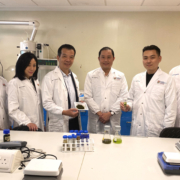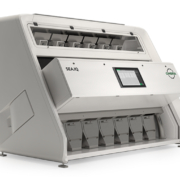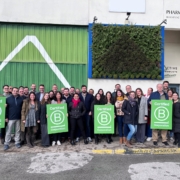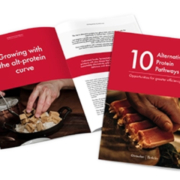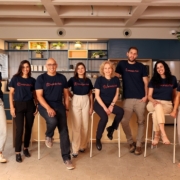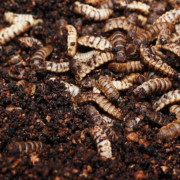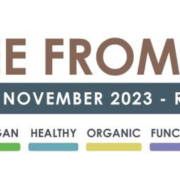NTU Singapore, Eves Energy collaborate to scale up innovative palm oil alternative
An initiative to produce an alternative to palm oil for food applications, developed by scientists at Nanyang Technological University, Singapore (NTU Singapore) will be scaled-up for commercial production through a partnership with Eves Energy, a research and development company that focusses on scaling up innovations that hold the key to clean energy systems.

